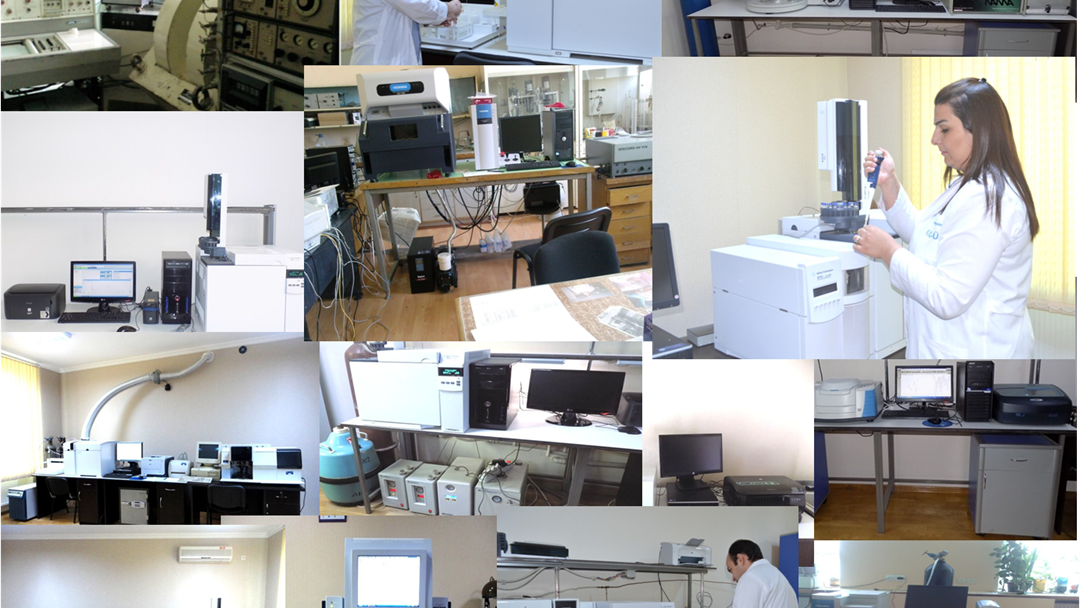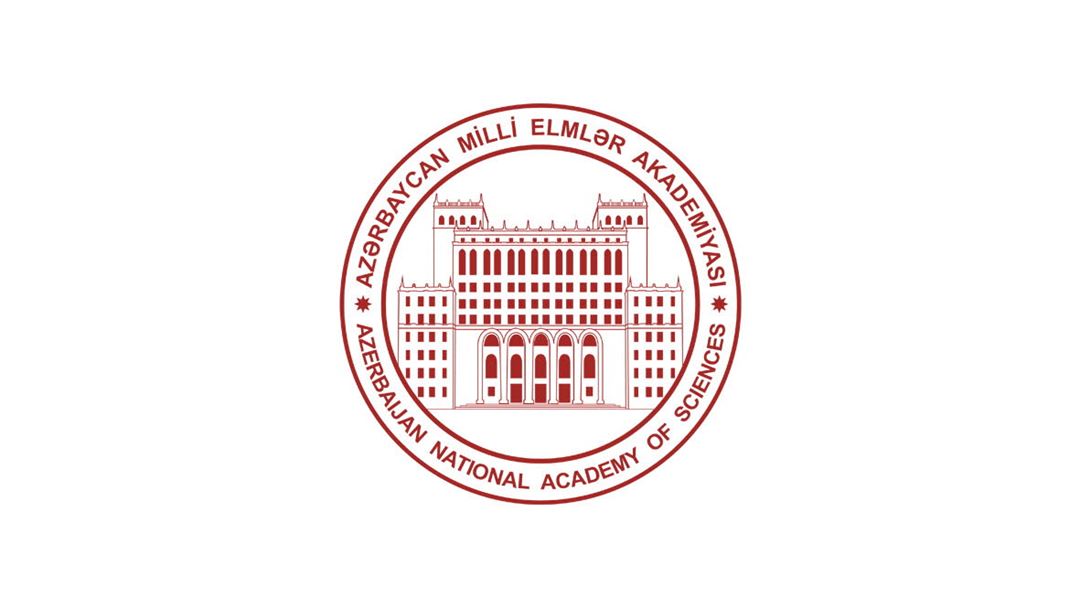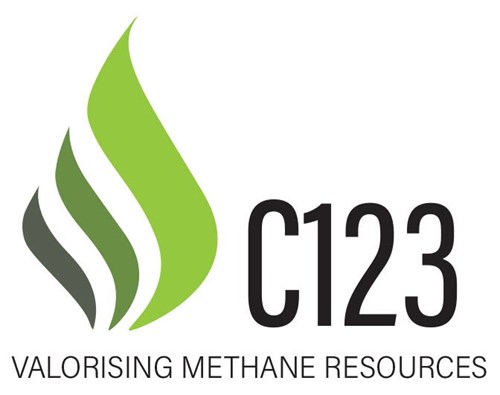ANAS
The Institute was founded in 1935 on the basis of departments of chemistry and applied chemistry in a newly established Azerbaijan branch of Academy of Sciences of the former USSR. The organizer and the first director of the Institute of Chemistry (now Institute of Catalysis and Inorganic Chemistry) was corresponding member of the Academy of Sciences of USSR Konstantin Krasusky who was invited to Azerbaijan in 1929.

The number of employees is 512, including 4 academicians, 6 corresponding members of ANAS, 37 doctors of sciences and 157 PhDs (in chemistry and technology). There are the 8 departments: "Complex processing of the mineral row materials", "Inorganic functional materials", 'Coordination Compounds", "Coherent-synchronized oxidation reactions", "Oxidative heterogeneous Catalysis", "Nano- and electrocatalysis", "Modeling and technology of chemical and ecological processes", "Sorption processes" and 30 laboratories. The Institute cooperates with more than 40 scientific-research institutions and universities of Germany, France, Spain, Italy, Sweden, Holland, Denmark, Georgia, Turkey, Russia, Ukraine, Japan, Switzerland and other countries, as well as universities and scientific institutions of the Republic. 2 international laboratories were created at the Institute: "Advanced Materials for Quantum Computing and Spintronics" and "Fundamental studies on synthesis and application of catalysts based on nanocarbon materials".
Priority areas of the Institute are
- Development of the scientific foundations of the directed synthesis of new inorganic and coordination compounds and functional materials based on them;
- Creation of new materials with desired properties and functions, including high-purity and nanomaterials;
- Functional materials for solid-state equipment: development of processes for the synthesis of materials and structures with desired properties;
- Chemical problems of creating new functional materials, nanostructured coatings and composites for various applications;
- Development of physical and chemical bases and methods for environmental protection and recycling of industrial wastes based on the principles of "green chemistry" and catalytic systems; the creation of new resource- and energy-saving metallurgical and chemical-technological processes, including the in-depth processing of hydrocarbon and mineral raw materials of various classes and industrial wastes.
- Development of the physical and chemical bases of new metallurgical and chemical-technological processes in order to regulate the efficiency and environmental safety of the complex extraction of target products from multicomponent raw materials; Development of scientific foundations and the creation of integrated technologies for the deep processing of oil and gas raw materials.
- Development of catalysts and catalytic processes for new applications. The development of chemical and physical methods of active control of the reactivity and selectivity of catalysts and catalytic systems to create practically important processes.
- Chemical problems of obtaining and converting energy, fundamental research in the use of alternative and renewable energy sources; Fundamental problems of chemical and biotechnological processes for obtaining new materials, reagents and fuels from renewable raw materials.
- Fundamental physical - chemical studies of the mechanisms of physiological processes and the creation on their basis of pharmacological substances and dosage forms for the treatment and prevention of socially significant diseases. Creating methods for the synthesis and study of the mechanism of action of promising drugs and biologically active agents.
Fundamental research carried out at the Institute is aimed primarily at the development and implementation of high technology. The institute is one of the most equipped chemical institutes in the Caucasus and possesses a unique complex of modern physical and physical-chemical research methods. Particular attention is paid to physical methods that allow for in-situ studies, i.e. directly during the physical-chemical process. Conducting such experiments requires a very sophisticated modern technology, available mainly in some of the largest international research centers.
The unique equipment is used in the framework for interdisciplinary projects, also. The Institute is a regular participant in major international and republican projects, has partnerships with major companies, firms and factories in Azerbaijan and abroad, and is always open to new cooperation.
Contact:
Etibar Ismailov: Web: www.kqkiamea.az

